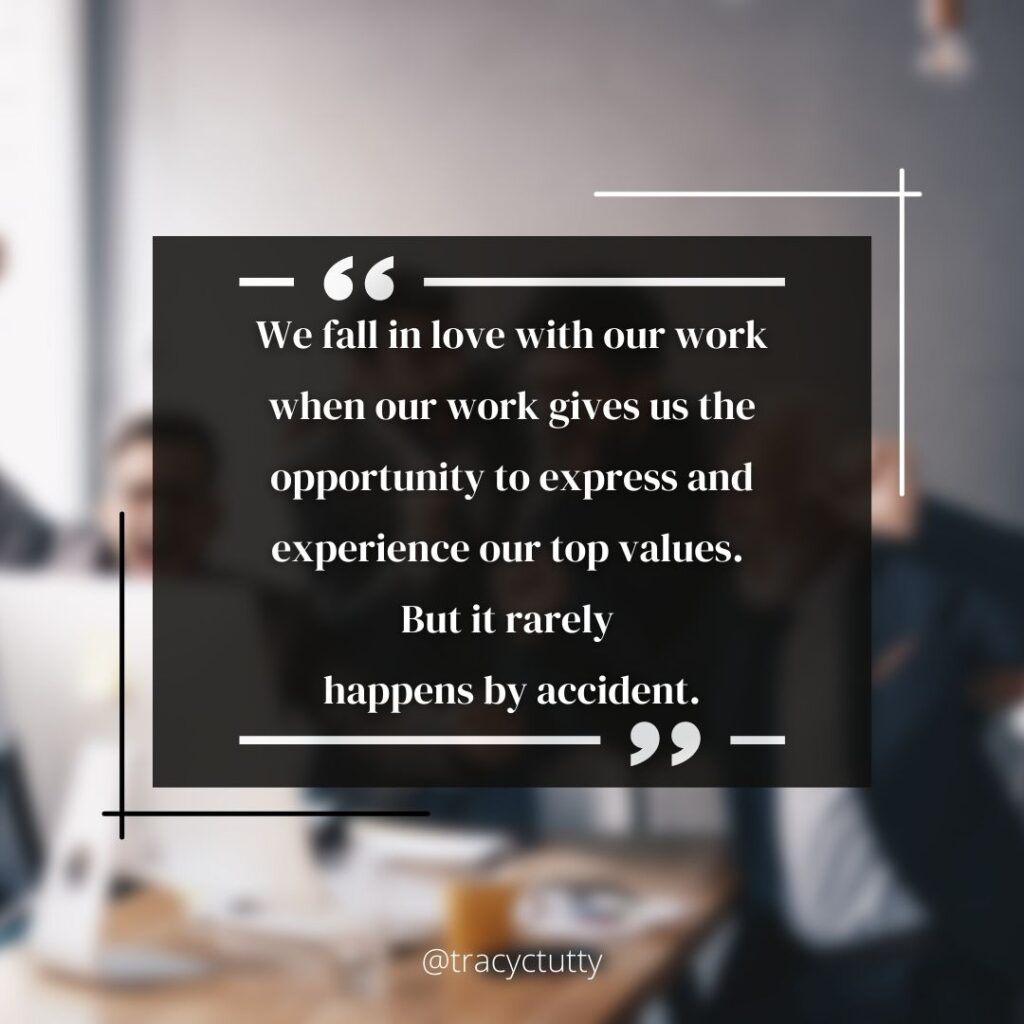
The great resignation is also referred to as the big quit or the great reshuffle.
It started in 2021 when those who measure labour indices noticed a rise in the number of people resigning from their jobs.
It became a phenomenon in May 2021, when Professor Anthony Klots named it the great resignation.
What has caused the great resignation?
Various causes have been associated with the great resignation. Some of it is the result of a COVID induced stagnant job market, where many people hunkered down in their current jobs to see how things panned out. Because they delayed their planned job move, a spike emerged once these people began returning to work and looking for new opportunities.
The hospitality sector was hit hard during lock downs, and this prompted many people in that sector to transition to new industries. The lockdown also limited the ability of graduates to embark on the great OE or overseas adventure, and instead they took a job straight from school or university with the goal of enjoying their OE once the borders reopened.
Those causes are all understandable and explainable. But there are two more significant causes associated with the great resignation. For many people, these last few years of uncertainty, while stressful, have also provided us with an opportunity to explore or be reminded of what really matters most to us.

For some the novelty of sitting down with the family for dinner or helping the kids with homework became the new norm. Some may have wished for the return of the commute, especially if it got you out a maths homework. But for many, this quality time became non-negotiable.
We also began to live with the notion that time is short. So rather than planning to do that thing you’ve always wanted to do when you retire, many chose to do it today. Whether that be working for a not for profit, starting an online business, or reimagining a passion from our youth; we started to actively seek out those things that fed our soul and then work out how to make a living from it. Gone are the days of working simply to pay the bills for many people.
How to decide if the great resignation will serve you
Here are three tips that will help you to decide if the great resignation will serve you.
Why do you want to move from your current role?
I see this one a lot when I’m coaching. Margaret doesn’t like her job anymore. So she finds a new one. One that is similar to her old one but in a different place or for better money or a step up in the career ladder. But six months later, Margaret has fallen out of love with her work.
Once the honeymoon was over, it turns out it wasn’t that different to her old role. Same annoying person just with a different name. Same frustrations starting to emerge. Can you relate? What happened?
It’s about closure. If we jump from one job to another without learning the lessons from the old job, we find we have created an opportunity to keep learning those lessons. Same lessons, different vehicle. That is your new job. If you’re leaving because someone at work rubs you up the wrong way. There’ll be a similar person in the new organisation.
Before you choose to begin looking for a new job, get clear and get closure. Understand why you want to leave. Is there a lesson in that reason? If Bob keeps dumping work on you, now is the time to practice the art of saying no thank you.
If Jennifer really annoys you. What is it about Jennifer that you find so annoying? How can you make peace with that?

Now this tip comes with a warning.
It is possible that the act of becoming even more aware, clearing the departure reason and closing it out, may actually cause you to fall back in love with your job.
What is non-negotiable?
What will and won’t you stand for? Think about your ideal job, your ideal team and your ideal organisation. What must be present for you to love working there? What’s an absolute NO for you. Now take these insights and turn them into research that you can do on an organisation ahead of the interview. These insights are also useful in your cover letter as they’ll help you to stand out.
How to ensure you stand out in your covering letter and interview

For anything that third party research can’t uncover, spend some time turning them into questions you can ask at the interview. It will help you to stand out and help you to understand what you may potentially be buying into.
What matters most?
What do you value most in this life? List your top three values and describe what those values mean to you, and how they might show up in your life. What can you do to experience these values in your work? We fall in love with our work when our work gives us the opportunity to express and experience our top values. But it rarely happens by accident.

Architect your role so it provides you with those opportunities. Be honest with your interviewer so that you get the job that supports who you truly authentically are and it allows you to work in your zone of genius. Don’t present the version you think they’ll want. Be you. It will maximise the opportunity for you to find yourself in a job you love.
How to find a job you will love
Before you jump into the big quit, invest some time clearing and closing out by understanding the lessons from your current role.
Get clear on what you will and won’t stand for. Craft those insights into questions for the interviewer. Get clear on your top three values and how you can experience them in the workplace and then decide if the great resignation is a phenomenon that will serve you.

